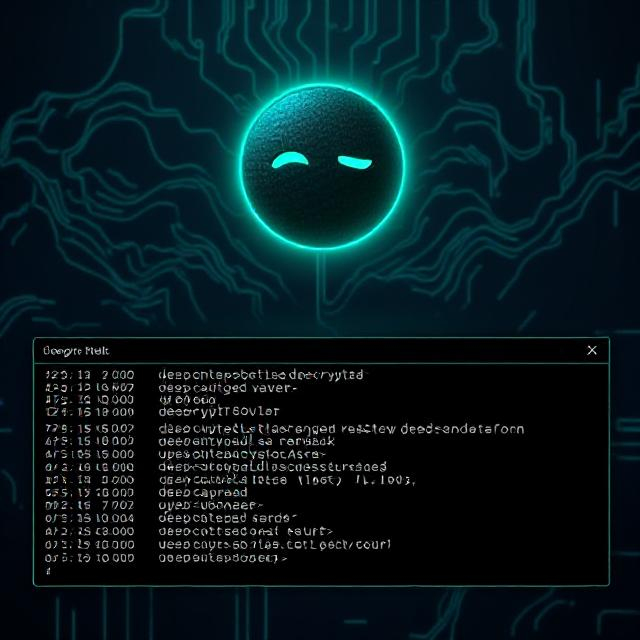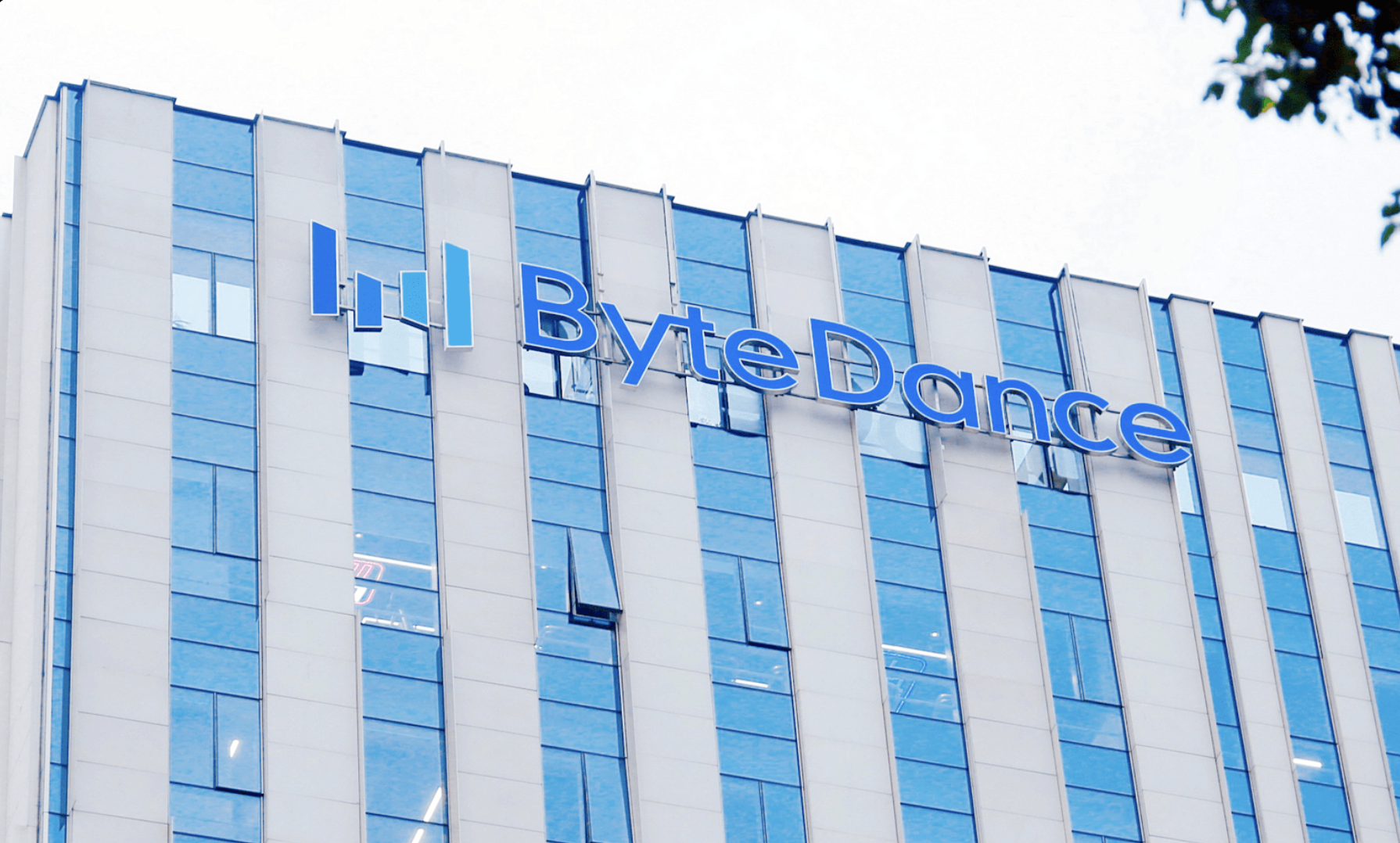DeepSeek iOS App Faces Privacy and Security Controversy

Recent findings reveal that the DeepSeek iOS app transmits sensitive user data unencrypted. This data travels directly to servers controlled by ByteDance, raising serious concerns. Security experts warn that such design choices may jeopardize user privacy.
One critical issue lies in the app’s deliberate disabling of Apple’s App Transport Security (ATS). ATS typically ensures encrypted and secure data transmission. By bypassing this safeguard, DeepSeek creates vulnerabilities. Sensitive user information could potentially be intercepted by malicious actors.
Moreover, the app relies on outdated and deprecated encryption methods. These methods no longer meet modern security standards, making them susceptible to breaches. For businesses and organizational environments, experts recommend caution—or outright avoidance.
Why does this matter? Without proper encryption, users face risks like data theft, unauthorized tracking, and loss of sensitive information. Organizations, especially those handling proprietary or customer data, could be at greater risk of breaches or fines under privacy laws.
Privacy laws globally, including the EU’s GDPR and California’s CCPA, prioritize protecting user data. Using non-compliant apps, like DeepSeek, could trigger legal repercussions. Security analysts suggest verifying app compliance before deployment in any business-critical environment.
In addition to bypassing ATS, DeepSeek’s lack of transparency further raises eyebrows. Users are typically unaware of the risks or where their data is being transmitted. Concerns extend beyond individual users, with entire organizations potentially exposed.
For a safer mobile experience, users should consider alternatives with proven privacy measures. iOS privacy tools like DuckDuckGo Privacy Browser or Brave Browser are good examples. Apps that align with Apple’s strict privacy guidelines ensure better protection of sensitive data.
What Can You Do?
- Audit Apps: Regularly review and audit mobile apps used by employees.
- Verify Encryption: Ensure apps follow modern encryption standards.
- Stay Updated: Monitor security advisories for newly discovered vulnerabilities.
If you’re interested in learning about safer apps or privacy-focused alternatives, check Apple’s official security guidelines. Protecting personal and organizational data begins with informed choices.
DeepSeek’s ByteDance Ties Spark National Security Fears

DeepSeek’s connections to ByteDance, TikTok’s parent company, have raised alarms about privacy and national security. Experts believe the app may pose an even greater risk than TikTok. 1
Analysis of the DeepSeek Android app uncovered concerning components. Multiple ByteDance SDKs collect analytics, traffic data, and performance metrics. This aggressive data-gathering approach exposes personal user details.2
Even more troubling, the app’s web login page contains obfuscated code. This code connects to servers owned by China Mobile, a state-owned telecom company. Cybersecurity analysts suggest these links could allow deeper Chinese state monitoring.
DeepSeek’s communications don’t stop there. Approximately 30% of its internet traffic flows through mainland China. It actively exchanges data with Volcengine, a powerful cloud platform developed by ByteDance. Combined, these connections create multiple channels for data transfer outside user control.
Worryingly, DeepSeek’s privacy policy confirms user data is stored on servers in the People’s Republic of China. This could allow government authorities to access sensitive information under Chinese cybersecurity laws.3
Privacy advocates have compared DeepSeek to being “TikTok on steroids”. Unlike TikTok, the app integrates AI chatbots that collect deeper, more personal details during conversations. Information collected could include behavior patterns, private preferences, and potentially confidential discussions.
Why This Matters
For individuals, the privacy risks include unauthorized access, data misuse, and identity theft. Organizations using DeepSeek could face risks of intellectual property leaks or espionage. In today’s security landscape, such risks can harm both reputations and finances. 4
What Can Users and Businesses Do?
- Avoid High-Risk Apps: Consider safer alternatives without links to controversial entities.
- Use VPNs: Reduce exposure to untrusted foreign networks through encrypted connections.
Security Risks of Unencrypted Data: Why Encryption Matters

Unencrypted data transmission can expose sensitive information to severe security threats. Apps like DeepSeek highlight the dangers of ignoring encryption protocols. Users and businesses face major risks, including financial and reputational damage. 1 2
1. Data Theft and Identity Fraud
When apps transmit data without encryption, personal identifiers become easy targets. Hackers can intercept login credentials and sensitive details, leading to identity theft. Bank details, emails, and social media accounts are at high risk.3
Cybercriminals can exploit stolen information to access other systems. Identity fraud could result in financial loss or even legal disputes. For organizations, the fallout can include customer distrust and reduced brand value.
2. Intellectual Property Theft
Unencrypted communications increase the risk of business secrets being stolen. Competitors or bad actors can intercept private conversations and product strategies. In industries like tech or finance, intellectual property is often a critical asset.
Without secure transmission, valuable patents, designs, and trade secrets become accessible to unauthorized individuals. Loss of competitive advantage could severely impact long-term success.
3. Data Manipulation Risks
Malicious actors can tamper with unencrypted information in transit. They could alter important transaction data, change messages, or inject malware. This compromises the data’s integrity and can cause significant damage.
For instance, financial transactions without proper encryption may lead to manipulated payment details, resulting in misdirected funds. Companies may also face false information corrupting databases and internal systems.
4. Regulatory Non-Compliance
Many industries enforce strict data protection regulations requiring encryption. Failing to encrypt sensitive data could lead to hefty fines and penalties. Privacy laws like GDPR and CCPA emphasize encryption as part of compliance.
Without encryption, businesses risk violating legal standards, resulting in audits, fines, and public scrutiny. To avoid legal consequences, encryption protocols should be prioritized during data transmission and storage. 4
Mitigation Steps to Protect Data
- Implement TLS/SSL: Use transport-layer encryption to secure transmitted data.
- Regular Security Audits: Ensure data transmission points are thoroughly inspected.
- End-to-End Encryption: Consider encrypted messaging platforms like Signal and WhatsApp for sensitive communications.
- Employee Training: Educate staff on encryption policies and security practices.
For more tips on encryption, visit NIST Encryption Guidelines. In a digital world, encryption isn’t just a choice—it’s a necessity. Protect your data and maintain trust in your digital ecosystem.
Banned China Mobile Connection: A National Security Alarm
DeepSeek’s connection to China Mobile, a state-owned telecom giant, has raised serious national security concerns. The U.S. Federal Communications Commission (FCC) banned China Mobile from operating in the U.S. in 2019 due to significant security risks.
Security researchers recently uncovered alarming code embedded on DeepSeek’s website. This code has the potential to transmit sensitive login information directly to servers owned by China Mobile. Such data could include user credentials, personal identifiers, and confidential business details.
Why Is This Discovery Alarming?
- The FCC cited China Mobile’s ties to the Chinese government and its ability to conduct espionage operations.
- In 2021, the Biden administration imposed stricter sanctions, blocking U.S. investments in China Mobile.
- The Pentagon linked China Mobile to China’s military intelligence infrastructure, further heightening concerns.
These connections to a banned telecom company raise fears of unauthorized access to user data. If exploited, this link could provide Chinese state actors with an intelligence goldmine, exposing both personal and corporate secrets.
Broader Implications: Chinese Tech Under Scrutiny
This revelation is part of a larger narrative surrounding Chinese technology firms. Similar concerns have led to U.S. restrictions on major companies like Huawei and ZTE. These companies were accused of creating backdoors for the Chinese government, allowing data siphoning and surveillance.
The ban on China Mobile reflects broader global efforts to curb Chinese influence over critical communication networks. Countries like Australia, Canada, and the UK have also adopted strict measures to limit Chinese tech infrastructure within their borders.
Potential Risks for DeepSeek Users
- Data interception: Sensitive login credentials and communications could be intercepted.
- Espionage risks: User information, including geolocation and messages, could be accessed by foreign entities.
- Business vulnerability: Organizations using DeepSeek could face intellectual property theft or data breaches.
What Should Users and Organizations Do?
- Switch to trusted apps: Consider using secure alternatives vetted for privacy compliance.
- Check app permissions: Restrict unnecessary data-sharing by reviewing app permissions.
- Use encrypted connections: Employ VPNs and end-to-end encryption tools to reduce vulnerabilities.


